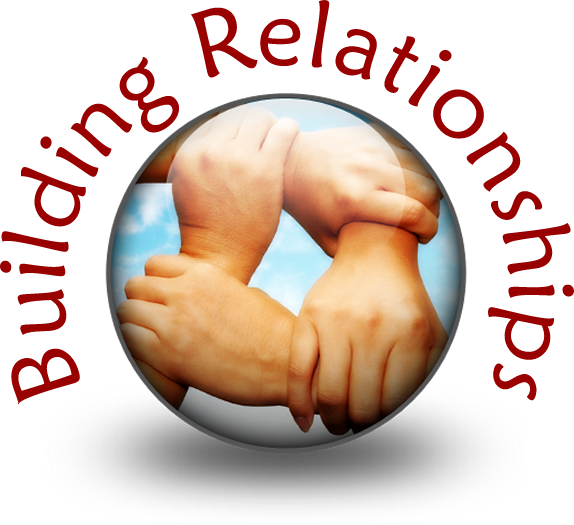
Although I am in regular contact with Brian, I have never met him and almost certainly never will. He’s serving a lengthy sentence in the Idaho Maximum Security Institution, a commercially operated prison. A trouble maker in the prison until quite recently, he was “bequeathed” to Linda and me by our friend Arnet Hales, who passed away last year.
With Arnet gone, we are Brian’s only connection to the world outside the high metal fence that surrounds the prison. From him and other inmates, I’ve learned something about how important it is to nourish relationships.
Maintaining outside relationships while in prison is particularly challenging. Prisons tend to have a plethora of regulations that discourage substantive interactions, even with family. U.S. prisons are especially harsh. Except for one telephone conversation, our communication with Brian has been by letter. In that single phone call from him, he said very forlornly, “I’ve done too much time. My family and friends have given up on me. I don’t know where they are anymore. I don’t blame them.” Possibly he didn’t make the effort and they didn’t either.
Having lived many years without letters or visits before Arnet’s time, Brian has become aware of the value of friendships. He invariably expresses fervent appreciation when we write.
In my work life I interviewed many inmates, many of whom, like Brian had lost all outside connections. On one occasion at the B.C. Penitentiary (since then shut down and demolished) I was required to speak with a man through a small metal mesh in a plexiglass window. Slight, with thinning brown hair and a wan, expressionless visage, everything about him suggested a deep inner desolation.
Dressed in grey prison garb, he observed me vacantly, seemingly incapable of believing any good would come from this conversation. 18 years in prison had apparently taken away all zest for life. Even so, he wanted a friend and had applied to our organization for a citizen sponsor.
I’ve come to understand that prison walls and regulations are not the only obstacles to communication. Most of us at times erect relationship barriers, intentionally or through neglect. Pressures at work, disagreements at home, discouragement, or complacency can distract us from what is really significant. I know one individual who will not accept a telephone call when her favorite tv program is on. In-depth conversations become more difficult when people continuously send and receive text messages.
Linda and I have been guilty of permitting relationships to languish. When we first moved to Hedley in the late 1970’s, we were too preoccupied with work and family to maintain important friendships we had left behind in the Fraser Valley. Due to lack of attention, they withered.

ghanacelebrities.com
Reflecting back on that time, we realize that Dr. Mensa Otabil was right when he wrote in Pathways To Success, “90% of the people in your life today will not be there in 10 years.”
Fortunately, when an employment change took us back to Abbotsford for some 25 years, we were able to restore many of the relationships we had neglected. When we returned to Hedley 5 years ago, we decided we would not repeat past negligence. In the hope of retaining and adding to our connections, we began writing an email letter to family and friends every 2 months.
Mostly they talk about life in this rustic, somewhat remote community. If Linda is baking brown bread or chocolate chip cookies, we write about the aroma and anticipation. When we still had 3 chickens, they received respectful, occasionally disgruntled mention. We have written about the popular monthly $5 pancake breakfasts at the Seniors’ Centre, the Museum’s Stamp Mill Day celebrating Hedley’s gold boom past, and the Community Club’s summer street dance.
The content of these letters is never sensational. Writing about small town life in a manner that interests our more sophisticated city friends can be daunting. Their responses at times do cause us to ponder. Some provide a sketch of daily routines, challenges, adventures. Many write only a few lines but want to stay in touch. Others never respond but when we meet them, they express appreciation for the letters. “We’re not good communicators,” they say, “but we like reading about your lives in Hedley. Keep the letters coming.”
Staying in touch need not be arduous. A phone call, card, email or visit lets people know we value their friendship. Relationships are worth nourishing.

One thought on “Relationships Are Worth Nourishing”